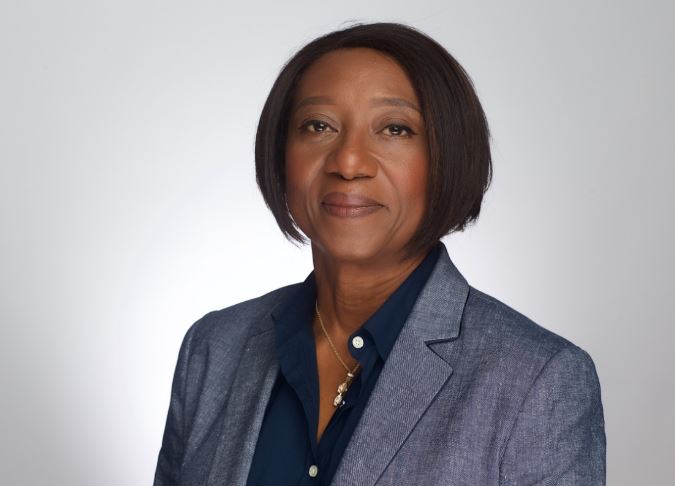×
The Standard e-Paper
Join Thousands Daily

Despite significant gains, women are still underrepresented in business. According to a Harvard Business Review report, women control Sh2,000 trillion in annual spending.